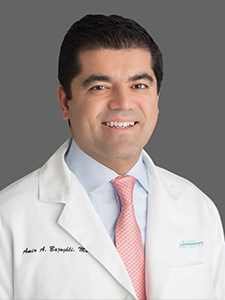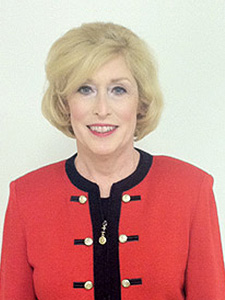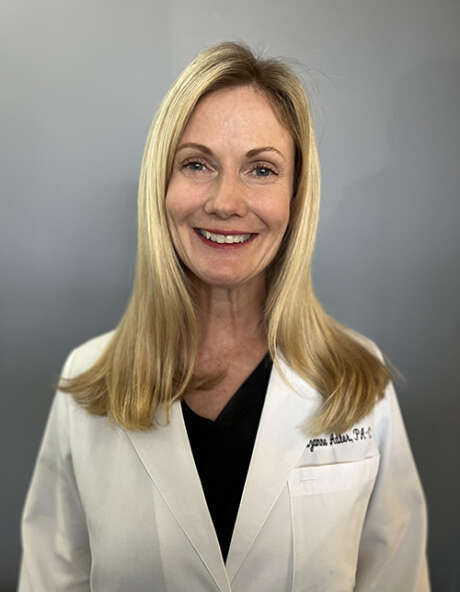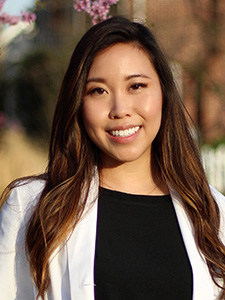Fibrofolliculomas and trichodiscomas
Fibrofolliculomas and trichodiscomas usually appear as small, smooth, flat or circular raised bumps (papules), most commonly on the face, ears, neck, and upper body. They are thought to belong to the same spectrum of harmless (benign) skin tumors. Trichodiscomas are the same color as the surrounding skin, unlike fibrofolliculomas which are usually lighter than the surrounding skin. These two kinds of lesions may look like pimples, but they do not go away with time and will not be able to be ‘popped’ like a whitehead pimple. Both of these skin lesions occur as solitary and multiple papules (bumps).
Frequently Asked Questions
They arise from or around hair follicles and their cause is largely unknown, though it may be linked to genetics.
Both of these kinds of lesions are characteristically seen in a condition known as Birt-Hogg-Dubé (BHD) syndrome. BHD is a rare, genetically transmitted condition that can cause, in addition to these kinds of benign tumors, susceptibility to cancers such as renal cell carcinoma and other conditions such kidney (renal) and lung (pulmonary) cysts. The symptoms that manifest in each family are unique and can be any combination of these symptoms. If you are diagnosed with fibrofolliculomas or trichodiscomas, it is imperative to be evaluated by a genetics specialist and if diagnosed with BHD, to be screened for internal organ cancers, such as renal cell carcinoma. There may be cases of fibrofolliculomas and trichodiscomas that are not related to any other underlying genetic conditions.
People over the age of 40 with BHD are most likely to develop these skin lesions on the face and upper body. They also often occur in children and young adults and affect both females and males.
While these are benign skin conditions, they can be visually unappealing and embarrassing. People who would like to consider cosmetic treatments should call today for a cosmetic consultation, to take advantage of the combined over fifty years of experience at Skin and Laser Dermatology Center. Your provider will evaluate your unique skin condition to determine the best treatment option, which may include laser treatment.
There is currently no evidence to suggest that oily food has an influence on the formation of these skin lesions.
Our Providers
Dedicated Team
Skin & Laser Dermatology Center treats patients for all skin care concerns, including skin cancer surgery, cosmetic dermatology, sclerotherapy, laser peels, laser hair removal, hyperhidrosis, rosacea, and acne treatments.






